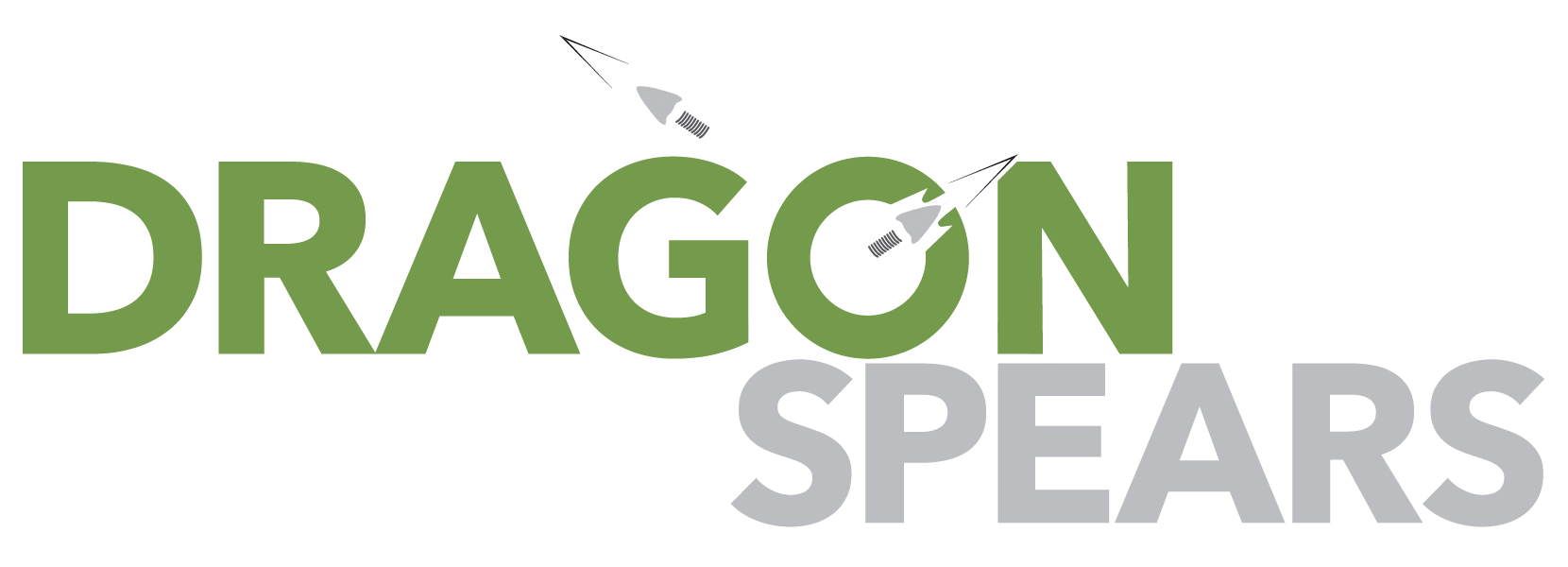
Developers have a lot on their plate when they start at a new company. Whether it be the development environment, project information, or the organizational culture of their employer or clients, they need to learn a lot – and quickly. Adopting a strong onboarding process is vital if you want new full-time developers or contractors to succeed. Here is an 8-step developer onboarding checklist that will help you seamlessly integrate new hires onto your agile team and keep them around for the long run.
1. Start with the Vetting Process
The vetting process is more than just a chance to evaluate a candidate’s experience - it’s also a chance to tell them about your culture, expectations, projects, and what makes people successful in your environment. Sometimes, this even creates the opportunity for a candidate to self-select out of the process if they don’t share your core values. On the other hand, if it is a good mutual fit, your candidate will already understand your organization and be more likely to hit the ground running.
2. Warm Welcome
Start the onboarding process before the first day by providing the new employee with engagements and information that can help them prepare. Set up a phone call and send a follow-up message summarizing what they can expect on their first day and during their first week. Include introductions to anyone with whom they will be meeting or working closely. Let them know about upcoming meetings in advance, so they have time to prepare. Clearly communicate the company’s vision and goals to them throughout the interview and onboarding process, especially on the first day.
3. Hardware and Software Setup
Are there any tools, licenses, or software your new teammate needs? If there is anything they can install in advance of their start date, let them. If there is anything they can’t access in advance, be sure to have a checklist of items ready for them on their first day for easy accessibility. Provide a cheat sheet of URLs, usernames, and passwords. Thoroughly introduce them to your agile communication system on the first day so they can easily collaborate with teammates.
4. Assign a Mentor
Having a dedicated point of contact will help them understand everything from culture to standard operating procedures to project details and coding best practices. Knowing they have an experienced colleague on their side will help them feel comfortable reaching out about risks or roadblocks. A mentor will also save time for all involved if the new employee knows who to reach out to on the first try.
5. Weekly Check-Ins
Hold regularly scheduled one-on-one meetings to check in on new hires. They can function like daily-stand ups where the developer tells you what they have gotten done and what issues arose. Having a weekly check-in to do shared code reviews, handle Q & A, and remove roadblocks will address any concerns they have quickly and prevent errors, delayed schedules, or poor use of time.
6. On-Board to Projects
Explain the big picture and business goals, not once, not twice, but at least seven times. Start them out with smaller projects so they can get accustomed to the team’s approach to development before fully diving in. Give them access to documentation including statements of work and meeting notes for any projects they are involved in. Include them in daily stand-ups from the get-go to provide insight into active projects.
7. Quarterly Check-Ins
Meet quarterly for a two-way discussion about expectations, goals, and long-term opportunities. The ideal developer will want to clearly understand what is expected of them and take the initiative to go above and beyond those expectations. They will also want to understand the broader business goals so they can develop a plan to support them. Finally, they will use weekly and quarterly check-ins as a platform for sharing opportunities they’ve spotted for your business.
If you are currently investing in growing your team, this developer onboarding checklist will help you gain a return on your investment sooner rather than later and set your agile team up for success. If you are looking to extend your team by adding new developers,  .
.

